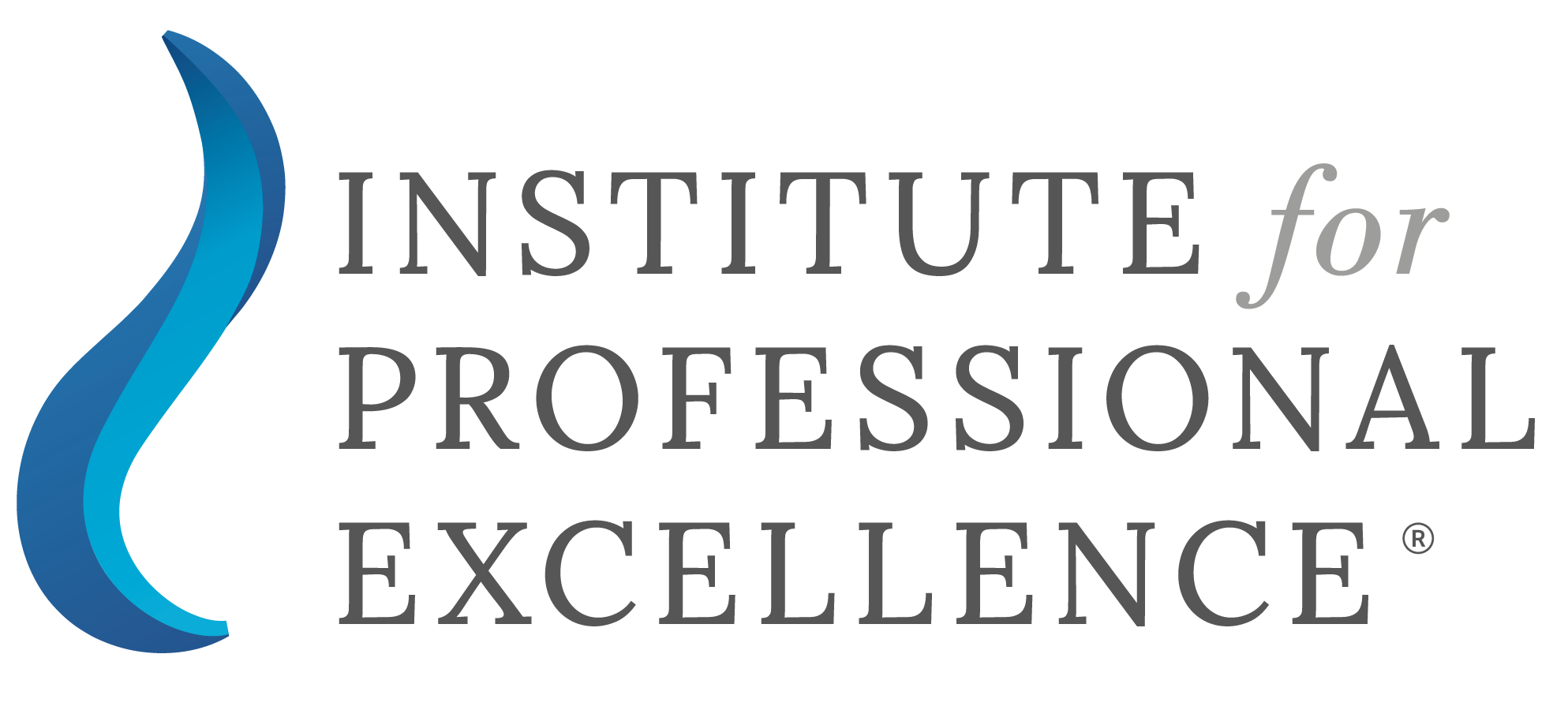Aug 10
/
Evdokia Pitsillidou
Organizational Requirements & Operational Conditions for CIF regulated entities in 2023
The provision of investment services and the performance of investment activities as a regular occupation or business both within and from Cyprus, require prior authorization from the Cyprus Securities and Exchange Commission (CySEC).
Once authorized, Cyprus Investment Firms (CIF) become subject to CySEC's ongoing supervision. This ensures their compliance with the conditions under which the investment services license was granted.
In this blog post, the Institute’s instructor, Evdokia Pitsillidou, discusses the organizational requirements and operational conditions of Cyprus Investment Firms. For this purpose, a comprehensive course exploring the Organizational and Operational Requirements & Client Funds Safeguarding in 2023 is offered through the IforPE platform.
At the end of this blog post, you will find detailed information on the knowledge and competencies gained through undertaking this course, along with insights shared by Evdokia on how they can be effectively applied.
Organizational Requirements
The organizational requirements of Cyprus Investment Firms cover a wide range of aspects necessary to ensure compliance with the provisions of the applicable regulatory framework. Two significant requirements pertain to the adequacy and composition of the Board of Directors and the responsibilities of the Senior Management.
More specifically, investment firms must ensure that both executive and non-executive directors are always of good repute and possess the necessary knowledge, skills, and experience to fulfil their duties. Accordingly, the composition of the board must reflect a sufficiently broad range of expertise relevant to the various business aspects of a regulated investment firm.
In addition, the Senior Management is responsible for the internal allocation of functions and for periodically assessing the effectiveness of the policies and procedures in place. To facilitate this process, the Senior Management must receive accurate written reports concerning the findings of the Compliance, Risk Management, and Internal Audit Functions.
Operational Conditions
The operational conditions encompass the core business activities that an investment firm undertakes to provide investment and ancillary services. Among the most critical requirements is the dissemination of fair, clear, and non-misleading information to both existing and potential clients. The CIF regulated entities must ensure the accuracy and transparency of the information they provide.
All information must fulfil a predetermined set of properties, including the presentation format, the inclusion of relevant risk warnings, and the language used, among others. Moreover, CIF are required to disclose to clients information regarding:
Establishing effective policies and procedures to ensure a firm's compliance with appropriate organizational requirements and operational conditions is vital for the prosperity of a regulated firm.
Once authorized, Cyprus Investment Firms (CIF) become subject to CySEC's ongoing supervision. This ensures their compliance with the conditions under which the investment services license was granted.
In this blog post, the Institute’s instructor, Evdokia Pitsillidou, discusses the organizational requirements and operational conditions of Cyprus Investment Firms. For this purpose, a comprehensive course exploring the Organizational and Operational Requirements & Client Funds Safeguarding in 2023 is offered through the IforPE platform.
At the end of this blog post, you will find detailed information on the knowledge and competencies gained through undertaking this course, along with insights shared by Evdokia on how they can be effectively applied.
Organizational Requirements
The organizational requirements of Cyprus Investment Firms cover a wide range of aspects necessary to ensure compliance with the provisions of the applicable regulatory framework. Two significant requirements pertain to the adequacy and composition of the Board of Directors and the responsibilities of the Senior Management.
More specifically, investment firms must ensure that both executive and non-executive directors are always of good repute and possess the necessary knowledge, skills, and experience to fulfil their duties. Accordingly, the composition of the board must reflect a sufficiently broad range of expertise relevant to the various business aspects of a regulated investment firm.
In addition, the Senior Management is responsible for the internal allocation of functions and for periodically assessing the effectiveness of the policies and procedures in place. To facilitate this process, the Senior Management must receive accurate written reports concerning the findings of the Compliance, Risk Management, and Internal Audit Functions.
Operational Conditions
The operational conditions encompass the core business activities that an investment firm undertakes to provide investment and ancillary services. Among the most critical requirements is the dissemination of fair, clear, and non-misleading information to both existing and potential clients. The CIF regulated entities must ensure the accuracy and transparency of the information they provide.
All information must fulfil a predetermined set of properties, including the presentation format, the inclusion of relevant risk warnings, and the language used, among others. Moreover, CIF are required to disclose to clients information regarding:
- Client Categorization
- Terms & Conditions bounding the relationship
- Financial Instruments offered
- Safeguarding client funds and financial instruments
- Costs & Charges applicable
Establishing effective policies and procedures to ensure a firm's compliance with appropriate organizational requirements and operational conditions is vital for the prosperity of a regulated firm.
What is the Organizational and Operational Requirements & Client Funds Safeguarding course and what does it include?
The Organizational and Operational Requirements & Client Funds Safeguarding course is developed by SALVUS Funds and delivered by their Risk & Compliance Director, Evdokia Pitsillidou. This comprehensive course is designed to provide Members of the Board of Directors, Compliance Officers, and Officers responsible for the Safeguarding of Client Funds with the best practices and insights regarding the significant regulatory requirements of Cyprus Investment Firms.
Professionals who undertake this self-study course will gain the necessary information and skills to strengthen their firm's policies and controls, ensuring compliance with the pertinent regulatory framework. Additionally, participants will receive in-depth knowledge about CySEC's Circulars C576 & C578 covering certain aspects of MiFID II remuneration requirements and the collection of remuneration data.
The syllabus of the Organizational and Operational Requirements & Client Funds Safeguarding course includes:
The material of this self-study, self-paced course is delivered in PDF slides and online video recordings. Learners registered for this course are provided with the flexibility to learn wherever and whenever.
Upon completion of the course, learners can assess their understanding of the covered material by answering a series of questions reflecting the gained knowledge.
The completion of this course counts towards the Continuous Professional Development (CPD) annual requirements for professionals holders of the CySEC Advanced and Basic certifications.
The Organizational and Operational Requirements & Client Funds Safeguarding course is developed by SALVUS Funds and delivered by their Risk & Compliance Director, Evdokia Pitsillidou. This comprehensive course is designed to provide Members of the Board of Directors, Compliance Officers, and Officers responsible for the Safeguarding of Client Funds with the best practices and insights regarding the significant regulatory requirements of Cyprus Investment Firms.
Professionals who undertake this self-study course will gain the necessary information and skills to strengthen their firm's policies and controls, ensuring compliance with the pertinent regulatory framework. Additionally, participants will receive in-depth knowledge about CySEC's Circulars C576 & C578 covering certain aspects of MiFID II remuneration requirements and the collection of remuneration data.
The syllabus of the Organizational and Operational Requirements & Client Funds Safeguarding course includes:
- Organizational Requirements of CIF
- Conditions for authorization
- Board of Directors
- General organizational requirements
- Compliance, Risk Management & Internal Audit
- The responsibility of the Senior Management
- Governance arrangements
- Fees & Charges
- Website
- Complaints handling & Financial Ombudsman
- Remuneration practices
- Persons employed by a CIF
- Policies & procedures - Deep dive on CySEC Circulars C576 & C578 on certain aspects of MiFID II remuneration requirements & data collection
- CySEC Circular C576 - Adoption of the EBA Guidelines
- CySEC Circular C578 - ESMA35-43-3565 - Guidelines on certain aspects of the MiFID II remuneration requirements - Operational Requirements of CIF
- Information to clients
- Direct electronic access
- Assessment of suitability & appropriateness
- Reporting obligations
- Best Execution & Client Order Handling
- Personal transactions
- Outsourcing
- Conflicts of interest
- Record-keeping
- Cross-border services - Safeguarding of Client Funds & Financial Instruments
- Safeguarding client's financial instruments & funds
- Depositing client financial instruments & funds
- Statements of client financial instruments & funds
- Use of client financial instruments
- Use of title transfer collateral arrangements
- Single officer
- Reports by external auditors - CySEC Circular C458 & Dear CEO Letter
- CySEC Circular C458
- Dear CEO Letter
The material of this self-study, self-paced course is delivered in PDF slides and online video recordings. Learners registered for this course are provided with the flexibility to learn wherever and whenever.
Upon completion of the course, learners can assess their understanding of the covered material by answering a series of questions reflecting the gained knowledge.
The completion of this course counts towards the Continuous Professional Development (CPD) annual requirements for professionals holders of the CySEC Advanced and Basic certifications.
Get in touch
If you have any questions about Evdokia's course or any other questions related to your training requirements, please contact us; we would love to help.
If you have any questions about Evdokia's course or any other questions related to your training requirements, please contact us; we would love to help.
From all of us at IforPE, the Institute for Professional Excellence,
Ancora Imparo
Ancora Imparo

#1 for CySEC, CBC, ICPAC & CBA CPD education
The Institute for Professional Excellence (IforPE)
Copyright © 2019-2026
The Institute for Professional Excellence (IforPE)
Copyright © 2019-2026
navigate
The Institute for Professional Excellence is protected under a registered European trade mark. The figurative trade mark registration number is 018854840. This trade mark is protected under the European Union's legislation.
